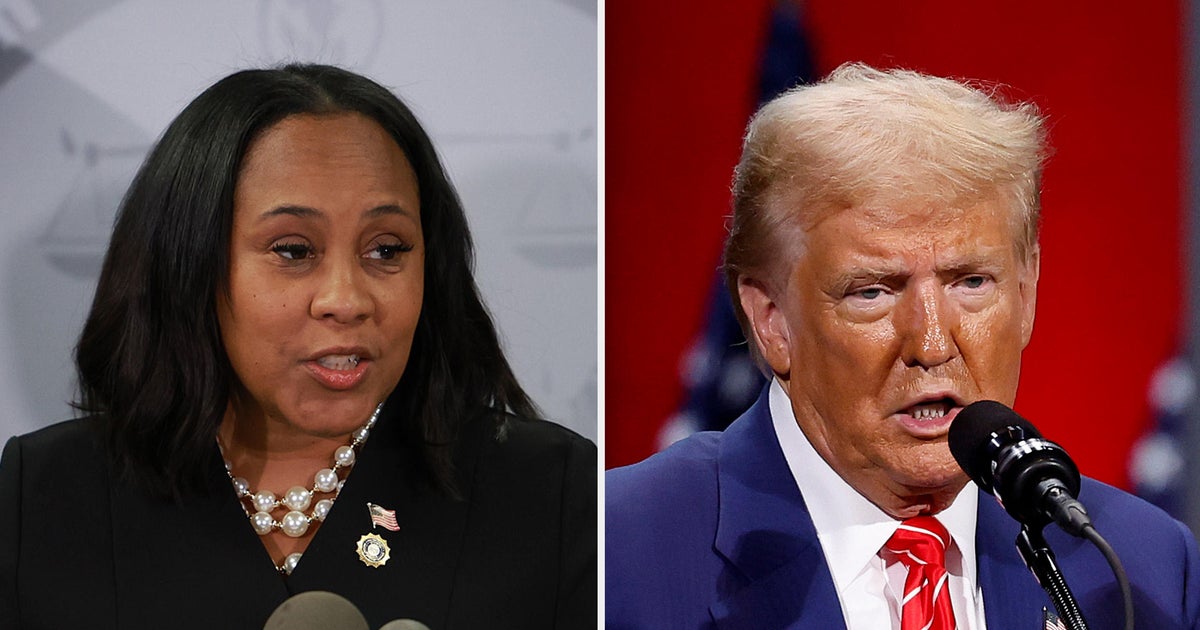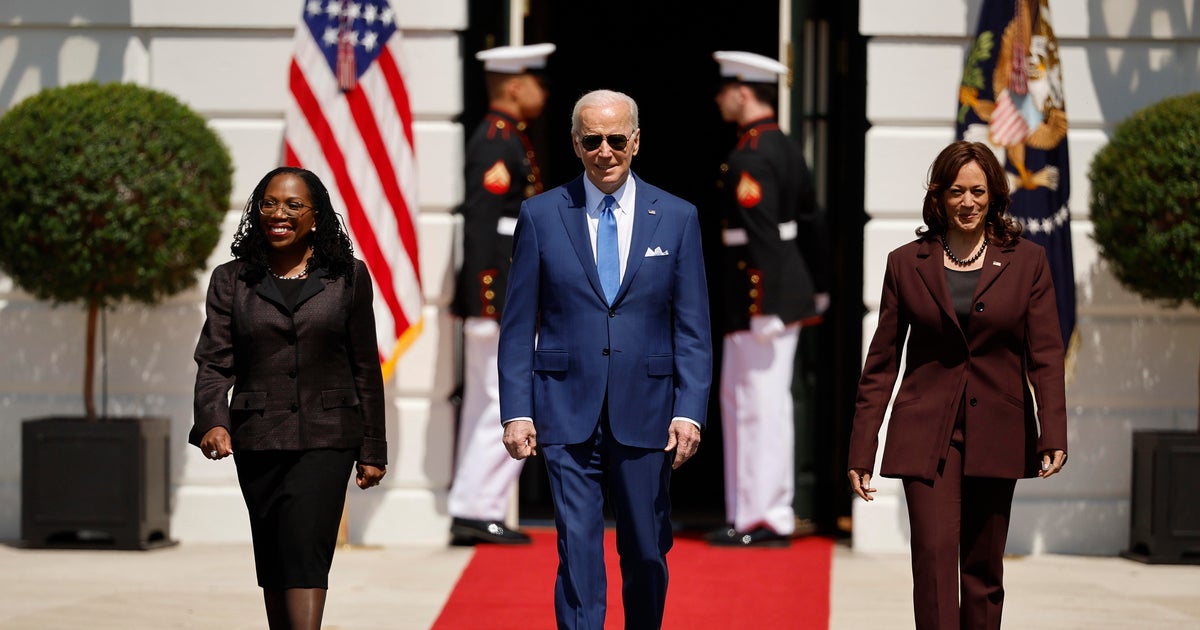Summer Zervos can't press Trump for info about other sex assault claims, judge rules
A former reality TV contestant pursuing a defamation lawsuit against President Donald Trump cannot compel him to turn over documents related to other womens' sexual misconduct claims against him, a New York judge ruled Friday.
Summer Zervos, a California restaurateur who appeared in 2006 on "The Apprentice" said in 2016 that Mr. Trump subjected her to unwanted kissing and groping in 2007. Zervos was among more than a dozen women who came forward late in the 2016 presidential campaign to say that Trump had sexually harassed or assaulted them.
The candidate denied the claims, calling the women as a group "liars." But he singled out Zervos' allegations, calling them a "hoax," and "fabricated and made-up charges."
Zervos sued in 2017, saying Mr. Trump had hurt her reputation, harmed her business and caused threats to be made against her. In the suit, she demands that Mr. Trump apologize and retract his statements, and asks for unspecified damages.
In filings since then, Zervos' attorneys have sought to compel Mr. Trump to provide documents relating to claims of other accusers. But New York Supreme Court Justice Jennifer Schecter ruled on Friday that Mr. Trump will have to provide documents related to Zervos' claim alone.
"Allegations and events related to other women are not admissible to prove whether the [Mr. Trump's] statements about [Zervos] were false," Schecter said.
Schecter later opened the door for Zervos' lawyers to revisit the decision.
"Of course if you learn any new facts that might change the nature of my decision, absolutely raise it," Schecter said to attorney Mariann Wang.
Mr. Trump's lawyers have long sought to stop the case, arguing on Oct. 18 before the a five-judge panel of the New York Supreme Court's Appellate Division that the Constitution's supremacy clause prevents a sitting president of the United States from being sued in state court. That argument may hinge on how judges interpret the landmark 1997 case Clinton v. Jones, in which the Supreme Court ruled a sitting president has no immunity in federal court from civil law litigation for actions taken before taking office.
No case has ever clarified if a president can be sued in state court.
A finding in Mr. Trump's favor in the Zervos dispute would almost certainly put a separate case in peril. The New York State Attorney General has claimed that the Donald J. Trump Foundation was operated by its directors, three of whom are Mr. Trump's children, as a "shell corporation that functioned as a checkbook" for the Trump campaign and businesses.
The judge in that case said Thursday she's waiting to rule on a motion to dismiss by the Trump Foundation until after Mr. Trump's supremacy clause argument is decided in the Zervos case.



